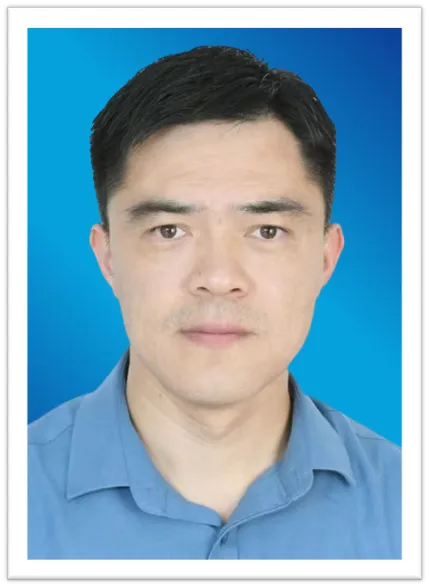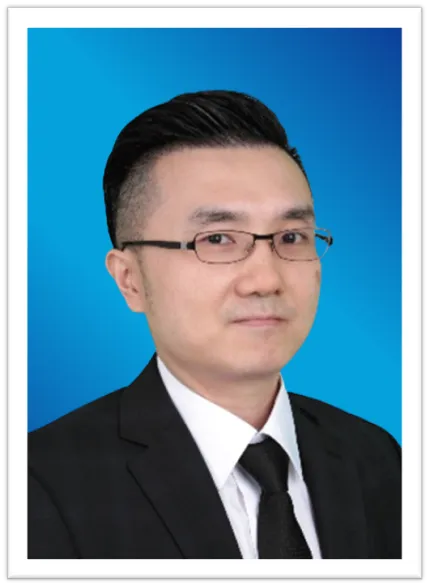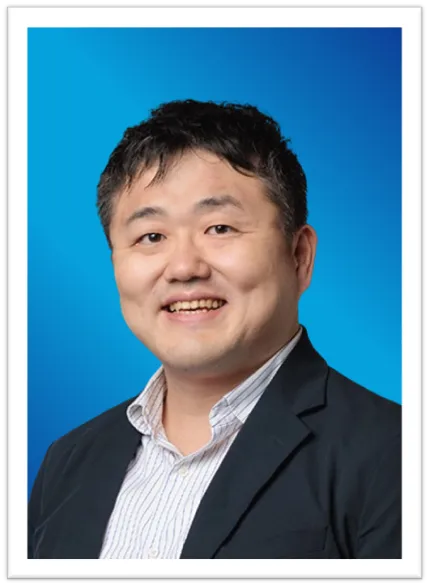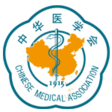Call for paper:Advanced materials for wearable healthcare devices
Abstract:
Wearable devices are bringing a revolutionary and nonclinical approach to health monitoring, disease diagnosis, and timely treatment. They easily and noninvasively track biophysical and biochemical signals such as blood pressure, metabolites, body movements, and body temperature, enabling continuous health assessment, early detection of diseases, and timely medical intervention—ultimately lowering public healthcare costs. Materials science remains the cornerstone of this technology evolution. For example, robust, biocompatible, and stretchable materials are required to make systems seamlessly wearable on the skin or other body surfaces, while materials with excellent electrical conductivity, chemical and thermal stability, and tunable functionalization underpin the active sensing elements. Beyond materials, emerging innovations in flexible fabrication methods, energy harvesting for self-powered operation, and integration with artificial intelligence (AI) and digital health platforms are redefining the scope of wearable devices.
The journal Biomaterials Translational will launch an issue highlighting the contribution of material innovation and fabrication technologies to next-generation wearable electronics, biosensors, and drug delivery systems, as well as their clinical and point-of-care applications, sustainability considerations, and potential impact on personalized healthcare. The submission deadline is January 31, 2026.
Topics:
▪ Advanced materials for wearable and flexible electronics
▪ Stretchable, biodegradable, and sustainable materials
▪ Fabrication and scalable manufacturing methodologies
▪ Biosensors and bioelectronics for health monitoring
▪ Energy harvesting and self-powered system
▪ AI-assisted sensing, data analytics, and digital health integration
▪ Wearable drug delivery platforms
▪ Clinical validation and regulatory pathways
▪ Personalized and point-of-care diagnostics
Organizers:

Xu Chenjie is a professor in the Department of Biomedical Engineering at City University of Hong Kong. He obtained his Ph.D. from Brown University in 2009, his Master's degree from the Hong Kong University of Science and Technology in 2004, and his Bachelor's degree from Nanjing University in 2002. He has conducted research at Stanford University (2005), Harvard Medical School and the Massachusetts Institute of Technology (2009-2012), and Nanyang Technological University in Singapore (2012-2019). Currently, he serves as a professor in the Department of Biomedical Engineering at City University of Hong Kong and as a visiting professor at China Pharmaceutical University. Over the years, he has focused his research on biomaterials and drug delivery, achieving numerous original contributions in fields such as the synthesis of nanomaterials, stem cell tracing, transdermal drug delivery, and microneedle technology. He has published over 150 papers in leading international academic journals in related fields, including Nature Biotechnology, Nature Biomedical Engineering, Science Translational Medicine, Nature Communications, and Science Advances. He has led more than 20 research projects funded by the National Natural Science Foundation of China, the Research Grants Council of Hong Kong, the Agency for Science, Technology and Research in Singapore, and the Ministry of Education of Singapore.

Ken‑Tye Yong is Professor in the School of Biomedical Engineering at the University of Sydney and a senior member of the National Academy of Inventors. His multidisciplinary research spans microfluidics, MEMS, nanomedicine, quantum‑dot engineering, plasmonic biosensors, gene and drug delivery systems, triboelectric nanogenerators, and biophotonics—bridging fundamental science with translational applications to advance diagnostics and therapeutics. He has authored over 300 peer‑reviewed publications, which have garnered more than 25,000 citations, and his achievements have been honored with the Bielby Medal and the Rosenhain Medal.
As co‑founder of the Net Zero Initiative (NZI) alongside Professor Kim Rasmussen and Ms Sandra Margon, Ken‑Tye helped convene experts from engineering, science, social sciences, business, and policy to develop strategies for carbon removal, emissions reduction, climate‑risk management, and emissions avoidance. Their collaborative leadership laid the groundwork for NZI’s rapid growth. Working closely with Professor Deanna D’Alessandro—whose strategic expertise and vision as Director were instrumental—this team then transformed NZI into the independent Net Zero Institute, now a leading centre for climate‑change research and governance.
Ken‑Tye previously chaired the Environmental Sensing Technical Group of the Optical Society of America (OSA) and holds Fellowships in OSA, SPIE, the Royal Society of New South Wales, Engineers Australia, the Royal Society of Chemistry, the Royal Society of Biology, the Institute of Physics, and the Institute of Materials, Minerals and Mining. He is also the author of Academia’s Billion‑Dollar Roulette, which examines shifting trends in global higher education.

Michinao Hashimoto is an Associate Professor at Singapore University of Technology and Design (SUTD). His research focuses on microfluidics and additive manufacturing, with particular emphasis on applications in biofabrication, soft and flexible devices, and food engineering.
He received his B.S. in Chemistry and Biochemistry/Biophysics from Oregon State University and his Ph.D. in Chemical Physics from Harvard University. Prior to joining SUTD as a founding faculty member, he conducted postdoctoral research at Massachusetts Institute of Technology (MIT) and Boston Children’s Hospital. He has also been a visiting scholar at several international institutions, including the Polish Academy of Sciences (Poland), the University of São Paulo (Brazil), National Tsing Hua University (Taiwan), the University of Tokyo (Japan), and Saudi Aramco (Saudi Arabia).
Submission Guidelines:
The manuscripts for this issue will undergo a rigorous peer review process to ensure the highest quality of scientific contributions. For the submission, please indicate that your manuscript is intended for the issue of "Advanced materials for wearable healthcare devices". Manuscripts should be submitted online at https://www2.cloud.editorialmanager.com/biomater_transl/. We eagerly anticipate your submissions and look forward to reporting your advanced findings related to "Advanced materials for wearable healthcare devices". If you have any questions or require further information regarding this special issue, please do not hesitate to contact the guest editors.
Biomaterials Translational warmly welcomes researchers, scholars, innovators, and graduate students to actively submit their work to the journal! For more information regarding the journal, you may visit our official website: http://www.biomat-trans.com/


